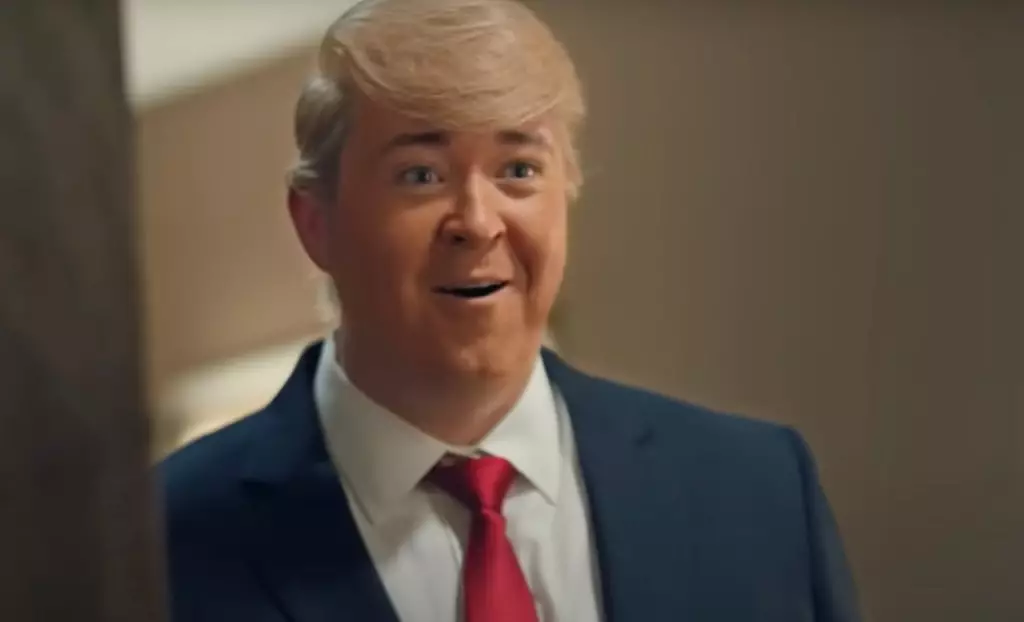The world of comedy is ever-evolving, particularly when it comes to political satire, and “Saturday Night Live” (SNL) has been at the forefront of this evolution. With the approaching presidential election cycle, the question of who would impersonate Donald Trump has reignited interest in the dynamics of comedy on the show. Recently, Shane Gillis opened up about an intriguing offer he received: the chance to portray former President Trump for the entirety of SNL’s landmark 50th season. Gillis, however, made the surprising decision to decline, preferring to attend Skankfest in Las Vegas instead.
At Skankfest, a popular comedy festival known for its more irreverent and unfiltered approach, Gillis revealed his choice, prompting a mixed reaction from fans and fellow comedians. This decision begs the question: what does it mean for a comedian to turn down such a high-profile opportunity? In the world of comedy, especially on a platform like SNL, being the face of a character as polarizing as Trump carries significant weight—not only in terms of viewership but also in shaping public perception. Gillis’ choice indicates a commitment to authenticity and perhaps an aversion to the media circus that often accompanies Trump-related portrayals. By opting for the festival over Saturday Night Live, Gillis underscores a delicate balance between personal beliefs and professional opportunities.
SNL has a storied history of crafting memorable presidential impersonations, with various actors bringing their nuances to the role of President Trump. Alec Baldwin initially won accolades for his portrayal, which spanned the tumultuous 2016 election through to Trump’s exit from the White House in 2020. Baldwin’s performance not only earned him an Emmy but also set a high bar for any successors. Following Baldwin, James Austin Johnson took up the mantle, channeling Trump in a way that resonated with both viewers and critics. The potential addition of Gillis to this pantheon of impersonators suggested a desire for a fresh take on Trump’s character, as indicated by Lorne Michaels’ comments about needing to “reinvent” the show post-presidential debates.
As the current political climate remains as charged as ever, political satire will likely continue to thrive—albeit in different forms and styles. With the decision to pass on the Trump role, Gillis positions himself uniquely within this transitional phase. His preference for the vibrant atmosphere of Skankfest may signal a rising trend among comedians to prioritize authenticity over mainstream success. In the end, SNL will continue to adapt and respond to changing political landscapes, and as actors like Johnson step into high-visibility roles, the debate on how best to capture the essence of such figures will rage on. The implications of Gillis’ rejection of the role reflect a nuanced understanding of comedy’s impact, making it clear that while the impersonations may shift, the conversation around them will not simply fade away.
